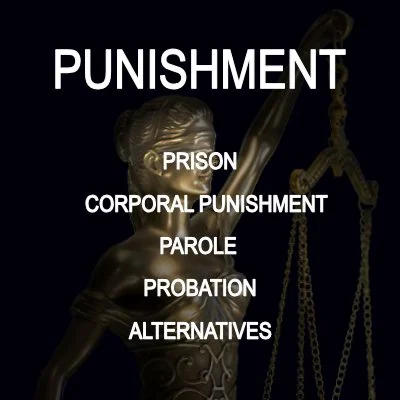By The Confederation of European Probation.
Probation organisations are dynamic organisations that usually have a tradition of accommodating and assimilating appropriate working methods commonly accepted within the society in which they operate. In a probation context, these working methods broadly aim to support both the essence and goals of probation. We can see evidence of this in the ongoing professional discussions, development projects, and technology being used and incorporated into probation practice. The purpose of these practice recommendations is to support jurisdictions to reflect upon certain issues before developing and using technology, undergoing digitalisation or considering hybrid working models. First, it is recommended for all organisations providing probation services to consider the goals of probation when considering using technology and digitising services. The second recommendation is to consider the essence of probation and the goals of probation when choosing technology or digitalised working processes. In practice, this could mean, for example, that the chosen technology should enhance building a positive and constructive working relationship with the client and facilitating rehabilitation and undertaking change work with the probation client. Another practical positive impact could be that co-work with other stakeholders and service providers becomes more flexible. The third aim of the practice recommendations is to share the benefits and good practices in using technology and digitalisation with members of the Confederation of European Probation (CEP) and other counterparts. The core purpose of these practice recommendations is to highlight the recommendations of the Council of Europe, such as the Probations Rules, Recommendations on community sanctions and measures, Electronic Monitoring and Artificial Intelligence defined, regarding the use of technology and digitalisation in probation. The fourth aspect is that all members of the European Union must consider and comply with the EU Directive on Data Protection and Security (GDPR).
Utrecht, NETH: CEP Expert Group on Technology , 2024. 33p.






